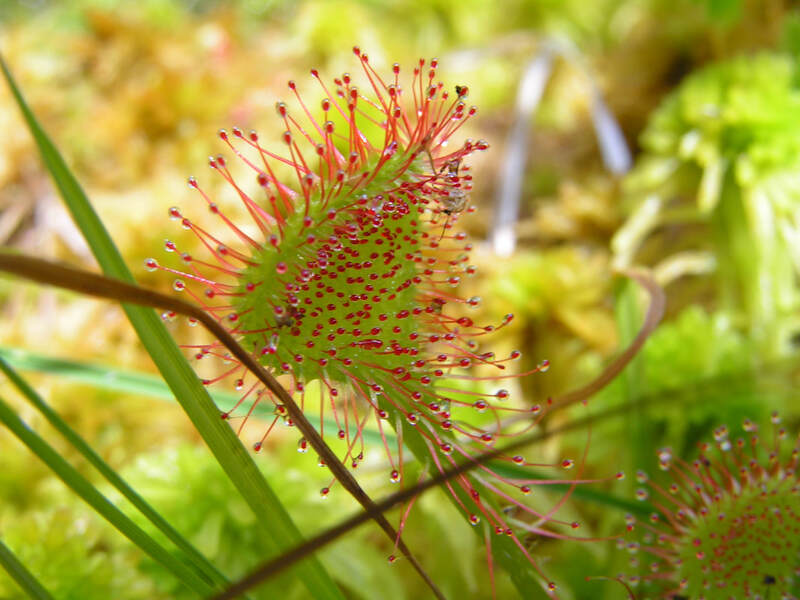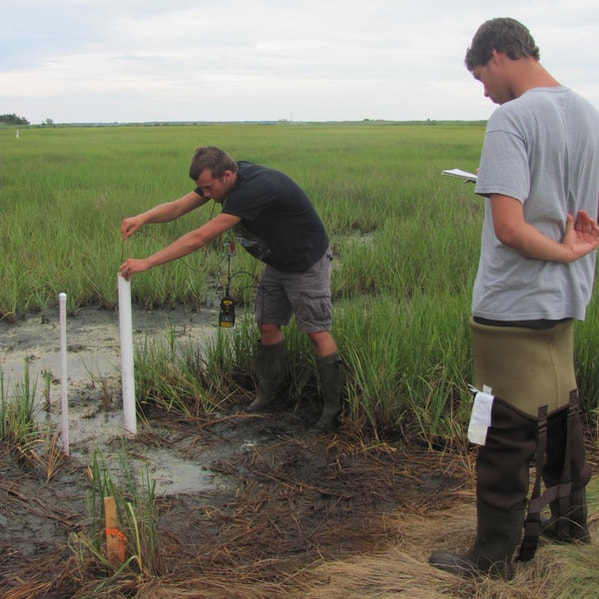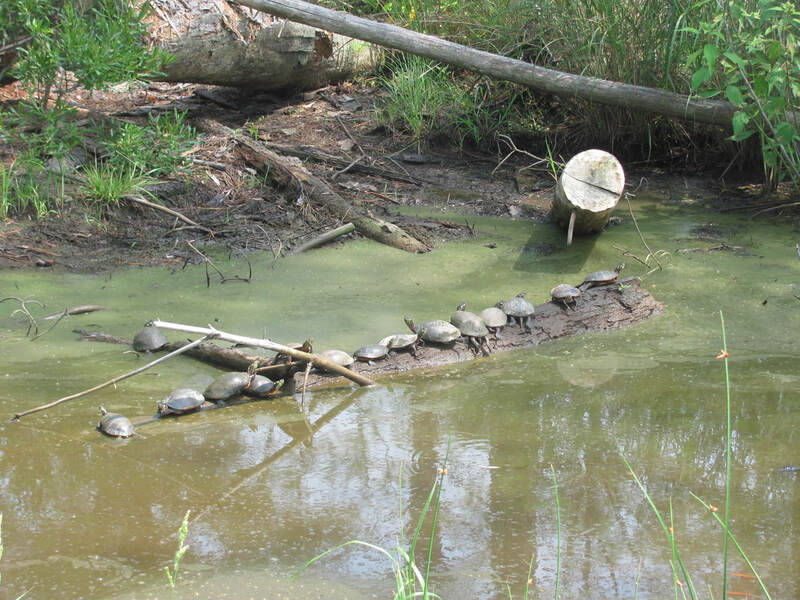WETLANDS ECOLOGY - BIO 491
PROFESSOR TBD
Below is information from a previous course that can be transferred to the next. This class is going to run in summer 2023, this is purely an example of what this class could look like. We will update ASAP.
Course Description:
Wetlands Ecology will examine wetland classification, wetland hydrology, nutrient cycling, succession, wetland wildlife management, and wetland construction/restoration. Diverse wetland ecosystems are examined relative to geographical extent, geomorphology, hydrology, chemistry, ecosystem structure, and ecosystem function. Wetlands investigated or visited will include estuaries, tidal freshwater marshes, inland freshwater marshes, peatlands, forested swamps, and riparian wetlands. Activity will include a combination of classroom (40-50%) and field experiences (50-60%), including trips to diverse coastal and inland wetlands and Blackwater National Wildlife Refuge.
Marketable Skills Gained from This Course:
General Description of Field Activities:
Approximate Amount of Course Time Spent in Field:
50-60%
Prerequisites:
Introductory Earth or Life Science classes, or by permission.
Required Textbook or Supplies:
1) Tiner, Ralph. In Search of Swampland, 2nd Edition (2005). Rutgers Univ. Press. pp. 352. ISBN - 10:0870333518; ISBN - 13:978-0870333514 (required)
2) White, Christopher. Chesapeake Bay: Nature of the Estuary: A Field Guide Paperback, 1st Edition (1989). Schiffer Publishing. pp. 224. ISBN - 10:0870333518; ISBN - 13:978-0870333514 (Required)
Rite in Rain Notebook, Bug Spray, Cheap/Old sneakers and clothing for wet wading (2 pair sneakers ideal), sunscreen, hat, rain coat.
Number of Students:
6-14
2023 Chincoteague Bay Field Station Fee*:
3 week course; housing and meals included
Salicornia; $1,692
Traditional; $1,542
Fees are subject to change at the discretion of the Board of Directors
* Does not include university tuition or fees. For specific policy on CBFS fees, click HERE.
Below is an example syllabus from a previous class that was taught at CBFS. Please do not email the professor on the syllabus since they are not teaching the class.
Course Description:
Wetlands Ecology will examine wetland classification, wetland hydrology, nutrient cycling, succession, wetland wildlife management, and wetland construction/restoration. Diverse wetland ecosystems are examined relative to geographical extent, geomorphology, hydrology, chemistry, ecosystem structure, and ecosystem function. Wetlands investigated or visited will include estuaries, tidal freshwater marshes, inland freshwater marshes, peatlands, forested swamps, and riparian wetlands. Activity will include a combination of classroom (40-50%) and field experiences (50-60%), including trips to diverse coastal and inland wetlands and Blackwater National Wildlife Refuge.
Marketable Skills Gained from This Course:
- Wetland delineation with component wetland plant and hydric soil identification
- Field sampling techniques (plot and transect sampling, water and sediment sampling, groundwater well/piezo measurement and interpretation )
- Exposure to wildlife management and restoration/construction approaches (USFWS refuge installations)
- Laboratory techniques (e.g. fluorescence spectroscopy for chlorophyll and hydrocarbons, microscopy for invertebrate ID)
General Description of Field Activities:
- Students will learn to recognize or sample key wetland indicators (hydrophytes, hydric soils, and wetland hydrology) in coastal wetlands and develop a project of their choosing
- A rare wetland community type (Atlantic White Cedar Swamp at a local TNC preserve) and National Wildlife Refuge will be visited to consider field approaches to wetland conservation and wildlife management
- Water and sediment will be sampled to assess environmental quality at some sites
Approximate Amount of Course Time Spent in Field:
50-60%
Prerequisites:
Introductory Earth or Life Science classes, or by permission.
Required Textbook or Supplies:
1) Tiner, Ralph. In Search of Swampland, 2nd Edition (2005). Rutgers Univ. Press. pp. 352. ISBN - 10:0870333518; ISBN - 13:978-0870333514 (required)
2) White, Christopher. Chesapeake Bay: Nature of the Estuary: A Field Guide Paperback, 1st Edition (1989). Schiffer Publishing. pp. 224. ISBN - 10:0870333518; ISBN - 13:978-0870333514 (Required)
Rite in Rain Notebook, Bug Spray, Cheap/Old sneakers and clothing for wet wading (2 pair sneakers ideal), sunscreen, hat, rain coat.
Number of Students:
6-14
2023 Chincoteague Bay Field Station Fee*:
3 week course; housing and meals included
Salicornia; $1,692
Traditional; $1,542
Fees are subject to change at the discretion of the Board of Directors
* Does not include university tuition or fees. For specific policy on CBFS fees, click HERE.
Below is an example syllabus from a previous class that was taught at CBFS. Please do not email the professor on the syllabus since they are not teaching the class.




